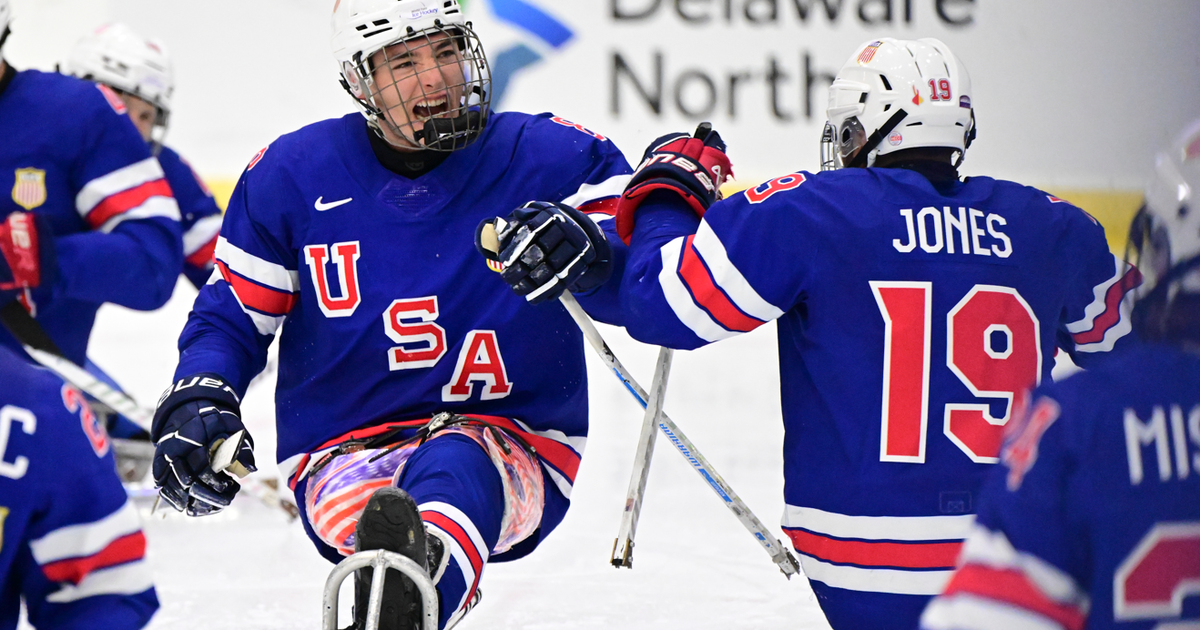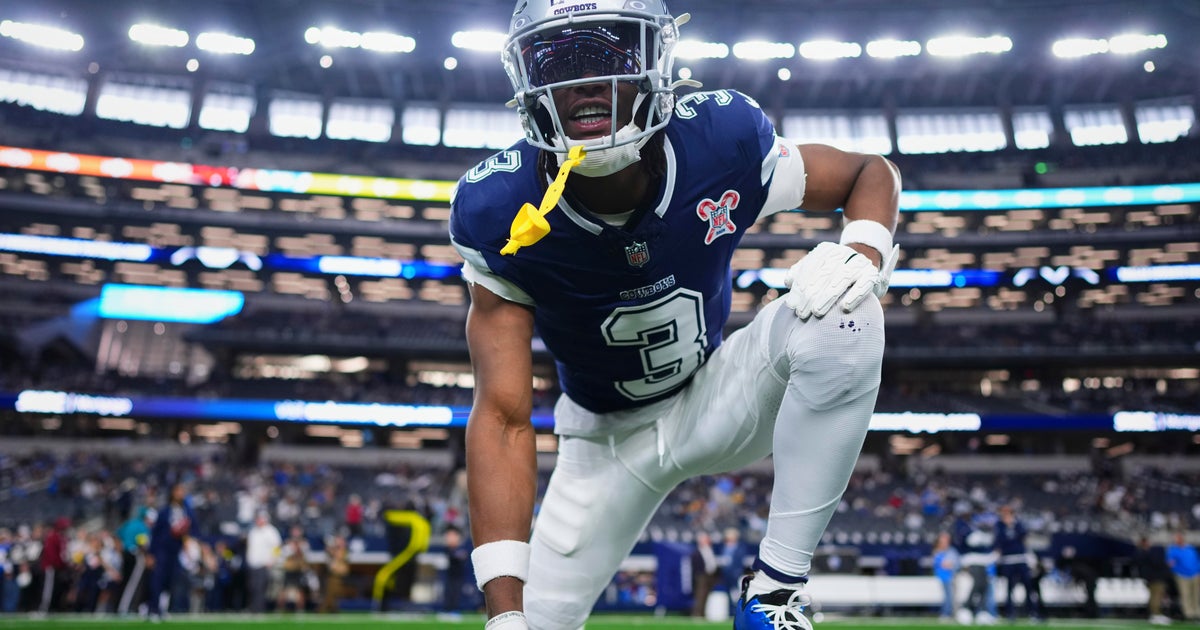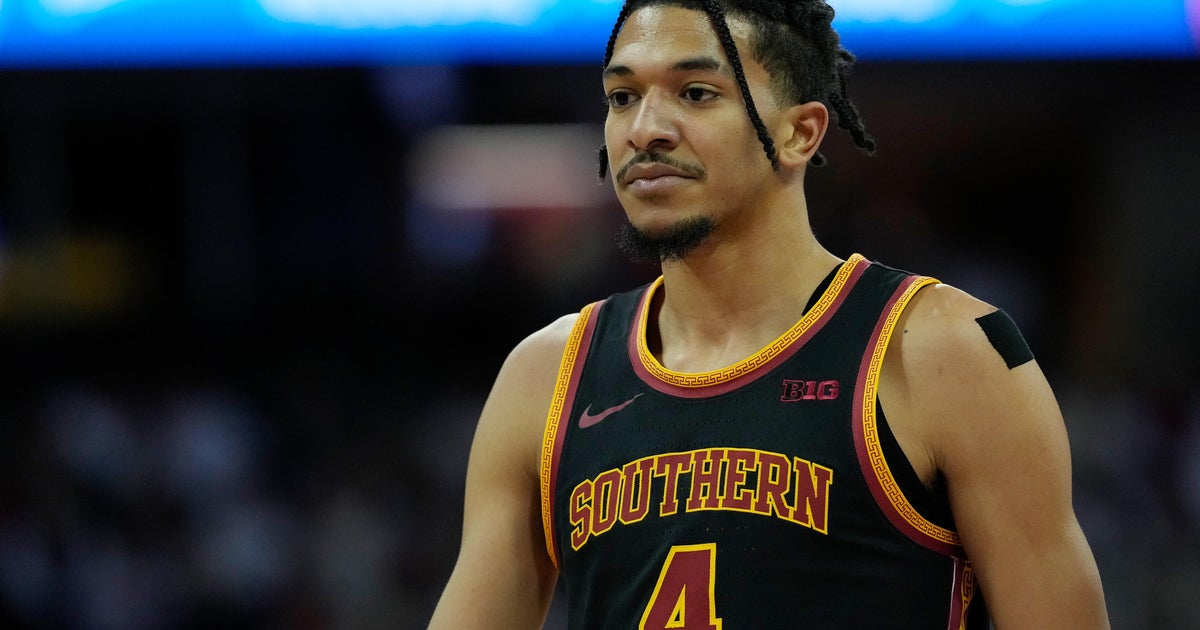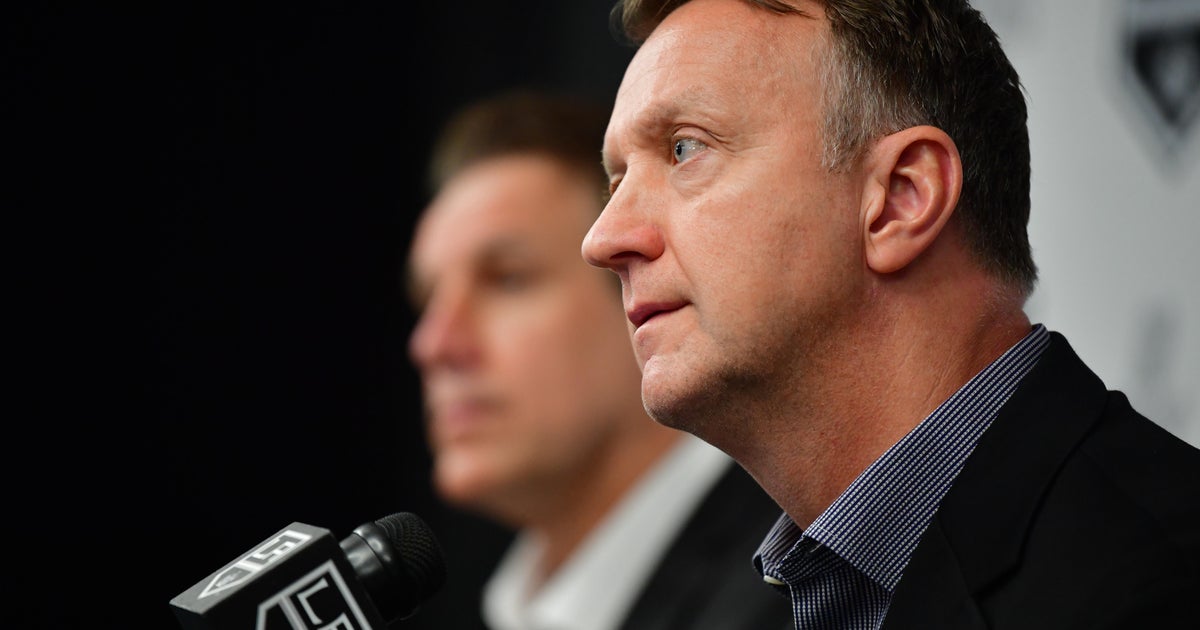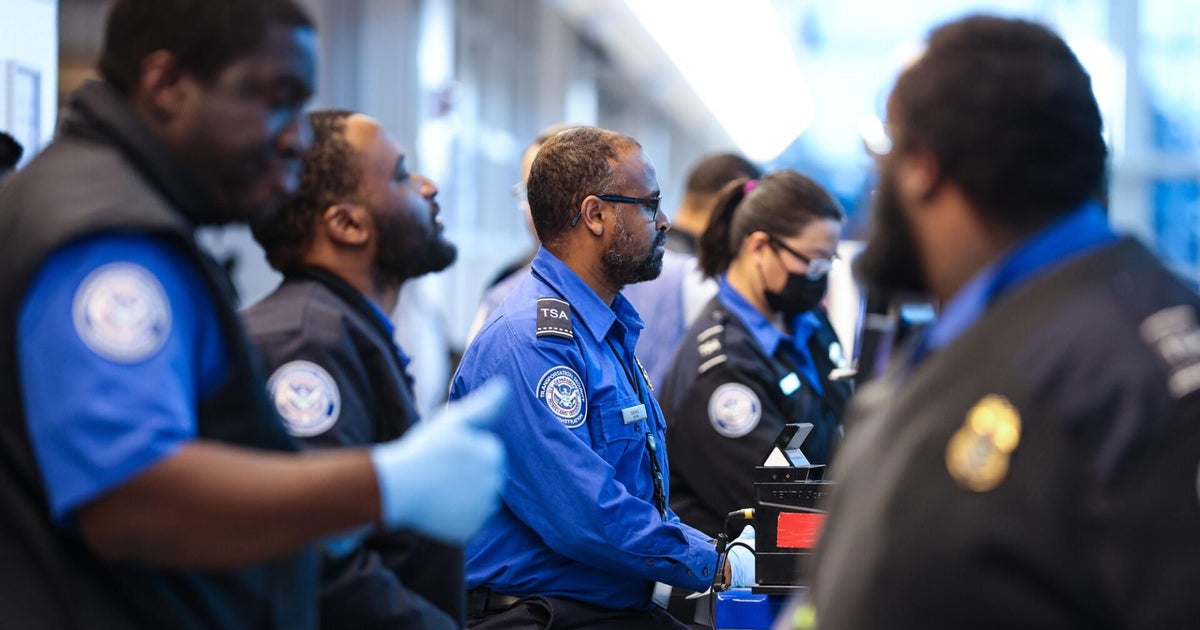Football Evolved: The Hurry-Up Offense And The Running Back
By Christian S. Kohl
Even the stingiest, most old-school coaches still left in the NFL have admitted the league has entirely shifted toward the pass-first offense. It's even inherently written into the rules of the game. A flag on a running play almost always costs the offense ten yards. A flag on a passing play invariably costs the defense somewhere between five yards to a spot foul and an automatic first down. Everyone is incentivized to throw. For a game which is meant to mimic war, what is left to do these days with the old fashioned ground assault?
The teams without phenomenal offensive lines such as San Francisco or Baltimore have developed two alternatives in recent years which still render the running game more than relevant. Handoff, handoff, play action is now all but dead. So the next option teams have found is to secure an elite, shifty speed demon, and all but abandon between the tackles running. Guys like CJ2K in his prime, Jamaal Charles, Matt Forte and LeSean McCoy are absolute nightmares to cover when they are out in space. The adjustment many teams have made, therefore, is to use short, safe passes and heavy doses of screens as a substitute for the handoff, giving their backs a chance to make one move or more as frequently as possible. This sounds obvious, but the teams who forgot this last year like Tennessee and Chicago paid a hefty price. The use of Johnson and Forte between the tackles was too frequent, and their use in space too sparing. Not surprisingly, both teams are looking to increase the receptions workload of their respective backs to maximize their skill set and turn them into dangerous weapons once more.
The other adjustment teams use these days is to constantly run the hurry-up, even in situations which are not time sensitive. The Patriots, Falcons, and Packers, among others, are particular fans of this style of attack. When run correctly, this hurry-up exhausts defenses who are now looking first and foremost to defend the pass. This enables less than elite offensive lines to get a greater push when run plays are incorporated, making the Stevan Ridleys of the world appear to be elite performers. The very nature of the Belichick running back timeshare, and his willingness to cut 1,000 yard rushers like Green-Ellis loose suggests how greatly these backs are benefiting from well-designed systems. Defenses are not conditioned to endure offensive attacks at that speed, and their inability to collapse into gaps in pass-heavy packages offers those mediocre backs an opportunity to absolutely excel. This stylistic shift affords teams the balanced attack they otherwise would be unable to produce in conventional setups.
Lastly, one of the more odd evolutions of the game is the emergence of the short yardage back with the simultaneous disappearance of the fullback. Teams with the speedier cutting backs usually have a one-purpose pounder for third and shorts as well as goal line jams. These specialty backs occupy a valuable role on the roster, delivering in the obvious situations when the whole stadium knows what's coming. Savvier teams have also made far greater use of the QB sneak in those situations to force defenses to guess somewhat, allowing a fighting chance for the punishing backs when their number is called.
The days of the brutal, ground and pound four quarters of running is nothing but a memory at this point. As the game continues to evolve, so too will the physiques, skill sets and roles of the running back. Pure smash mouth is dead, but the inspired creativity of the coaching world, in tandem with staggeringly quick and agile runners, affords fans something equally, if not more fun to sit back and marvel at. For defenses trying to beat the open field RB passing game, the hurry up, the read option and the screen game, for the time being at least, the answers have come far too slowly. Finding the proper adjustments won't be easy, but they need to, very simply, hurry up.
Sports Stories You May Also Be Interested In
Christian S. Kohl is a sports contributor for CBS Local Digital Media.
